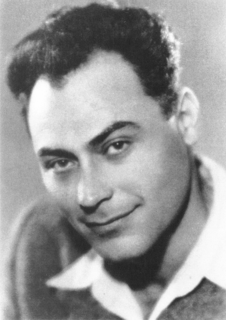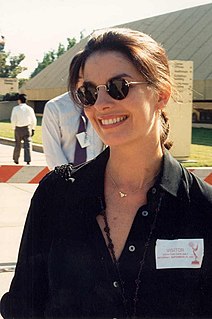A Quote by Mark Haddon
My book has a very simple surface, but there are layers of irony and paradox all the way through it.
Related Quotes
Everything in Louisiana is about layers. There are layers of race, layers of class, layers of survival, layers of death, and layers of rebirth. To live with these layers is to be a true Louisianian. This state has a depth that is simultaneously beyond words and yet as natural as breathing. How can a place be both other-worldly and completely pedestrian is beyond me; however, Louisiana manages to do it. Louisiana is spooky that way.
I feel like in American fiction we're moving out of a period of intense irony, and I'm very glad about that. I feel like irony is fine for its own sake but shouldn't be the sole reason to write a book. It has been an ironic world view: that's the best way I can describe it. I'm a fan of earnestness. I feel like there's a new wave of earnestness and I'd be happy if I'm some small part of that.
Sears had layers and layers of people it didn't need. It was very bureaucratic. It was slow to think. And there was an established way of thinking. If you poked your head up with a new thought, the system kind of turned against you. It was everything in the way of a dysfunctional big bureaucracy that you would expect.
I'd loved in so many bodies, but never one I loved like this. Never one that I craved in this way. Of course, this would be the one I'd have to give up. The irony made me laugh, and I concentrated on the feel of the air that popped in little bubbles from my chest and up through my throat. Laughter was like a fresh breeze - it cleaned its way through the body, making everything feel good. Did other species have such a simple healer? I couldn't remember one.
Actors are inherently self-centered. We're trained to focus on who I am. What do I want? Who is in my way? How do I get this? That's how we're trained. Unfortunately, that sometimes spills over into real life. But it's all very subjective. You just try to portray someone beyond the surface, the different layers.
It's quite simple really. Being always transcends appearance-that which only seems to be. Once you begin to know the being behind the very pretty or very ugly face, as determined by your bias, the surface appearances fade away until they simple no longer matter. That is why Elousia is such a wonderful name. God, who is the ground of all being, dwells in, around, and through all things-ultimately emerging as the real-and appearances that mask that reality will fall away.
A book consists of two layers: on top, the readable layer ... and underneath, a layer that was inaccessible. You only sense its existence in a moment of distraction from the literal reading, the way you see childhood through a child. It would take forever to tell what you see, and it would be pointless.






































